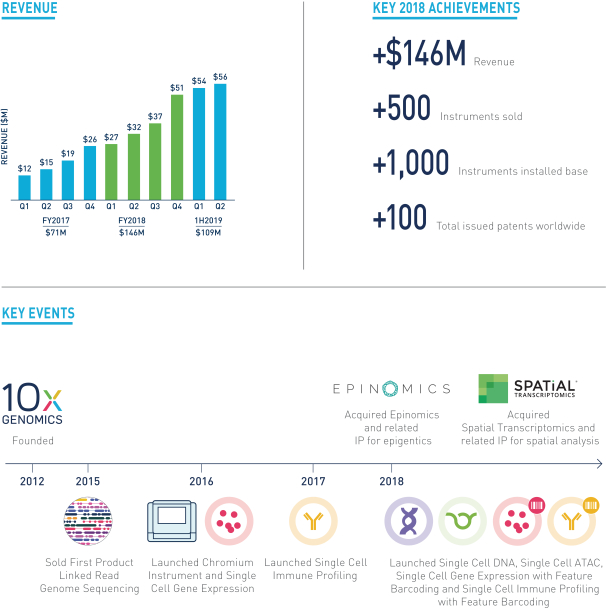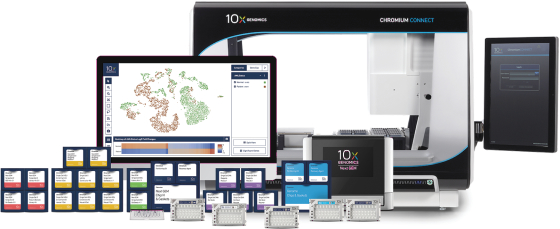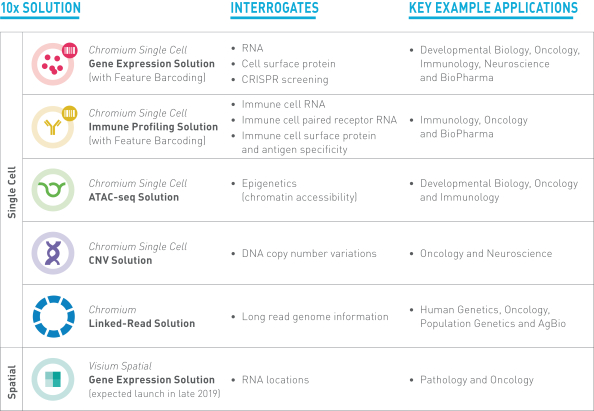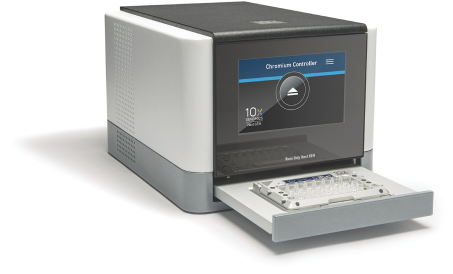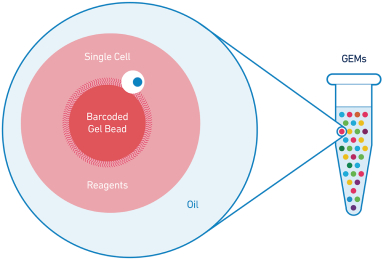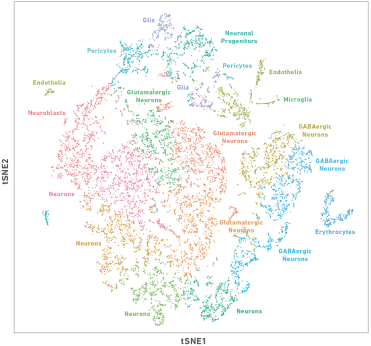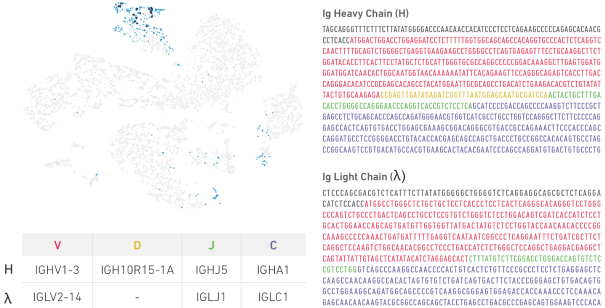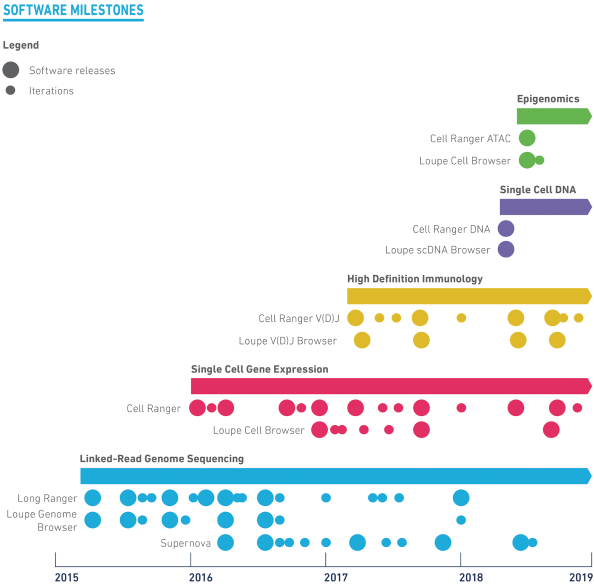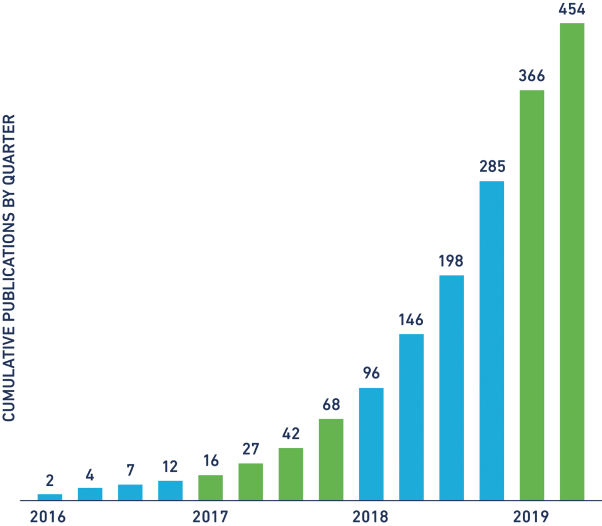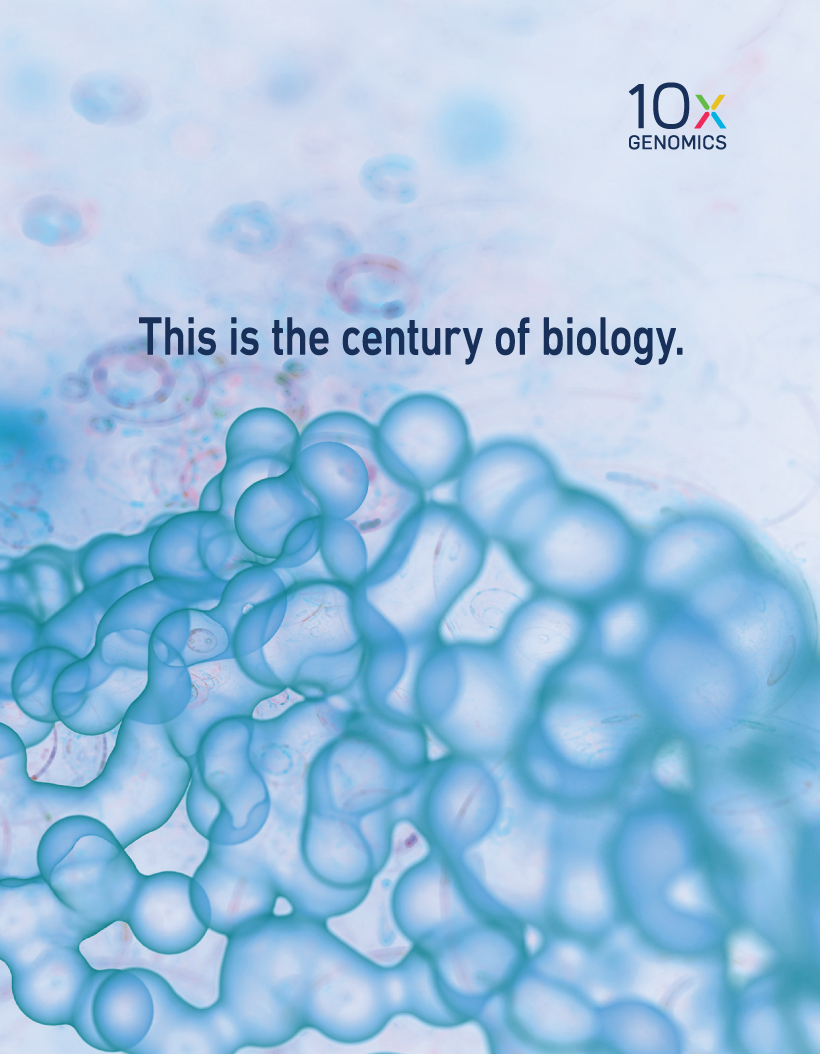In 2017 and 2018, we filed multiple petitions for IPR at the PTAB againstBio-Rad regarding U.S. Patent Nos. 9,126,160, 9,216,392, 9,649,635, 9,089,844, 9,636,682 and 9,500,664, all of which were also asserted in the ITC 1068 Action or the Northern District of California Case. The PTAB denied institution of all the IPRs, which may preclude us from challenging these patents at the PTAB in the future.
The Germany Action
On February 13, 2018,Bio-Rad filed suit against us in Germany in the Munich Region Court alleging that our Chromium instruments, GEM microfluidic chips and certain accessories infringe German Utility Model No. DE 20 2011 110 979.Bio-Rad seeks unspecified damages and an injunction prohibiting sales of these products in Germany and requiring us to recall these products sold in Germany subsequent to February 11, 2018. The accused GEM microfluidic chips are currently manufactured in Germany and are currently used in substantially all of our solutions. An initial hearing was held on November 27, 2018, and a subsequent hearing was held on May 15, 2019. The Court has not yet issued a ruling on the merits. If we are prohibited from selling our products in Germany, or if our products are recalled in Germany, our business, operations, financial results and reputation could be adversely impacted.
The 2018 Delaware Action
On October 25, 2018,Bio-Rad filed suit against us in the U.S. District Court for the District of Delaware, alleging that substantially all of our products infringe U.S. Patent Nos. 9,562,837 and 9,896,722.Bio-Rad seeks injunctive relief, unspecified monetary damages, costs and attorneys’ fees. Discovery is in progress. If we are found to infringe these patents or if we are prohibited from selling our products, our business, operations, financial results and reputation could be significantly adversely impacted.
The Becton Dickinson Action
On November 15, 2018, Becton, Dickinson and Company and Cellular Research, Inc. filed suit against us in the U.S. District Court for the District of Delaware, alleging that we infringe U.S. Patent Nos. 8,835,358, 9,845,502, 9,315,857, 9,816,137, 9,708,659, 9,290,808, 9,290,809, 9,567,645, 9,567,646, 9,598,736 and 9,637,799. The complaint asserted that substantially all of our products infringe these patents. Plaintiffs seek injunctive relief, unspecified monetary damages, costs and attorneys’ fees. On January 18, 2019, we filed a motion to dismiss certain of the asserted claims on the grounds that they are directed to patent ineligible abstract ideas. Discovery is in progress. The Court has not yet ruled on or set a hearing date for the motion. The accused products constitute a substantial majority of our revenue, and if we are found to infringe these patents or if we are prohibited from selling our products, our business, operations, financial results and reputation would be significantly adversely impacted.
As we enter new markets or introduce new products, we expect that competitors will likely claim that our products infringe their intellectual property rights. Our success depends in part on our ability to defend ourselves against such claims and maintain the validity of our patents and other proprietary rights.
We are involved in lawsuits to protect, enforce or defend our patents and other intellectual property rights, which are expensive, time consuming and could ultimately be unsuccessful.
On January 11, 2018, we filed a complaint againstBio-Rad at the ITC pursuant to Section 337 of the Tariff Act of 1930 alleging thatBio-Rad infringes our U.S. Patent Nos. 9,644,204, 9,689,024, 9,695,468 and 9,856,530 (the “ITC 1100 Action”). Our complaint in the ITC 1100 Action seeks an exclusion order preventingBio-Rad from importing certain microfluidic chips and other products into the United States and a cease and desist order preventingBio-Rad from selling such importing chips and other products. An evidentiary hearing for the ITC 1100 Action was held in March of 2019.
48


